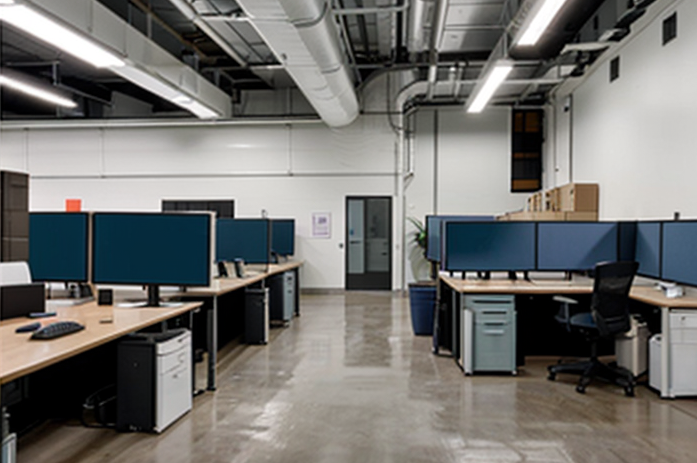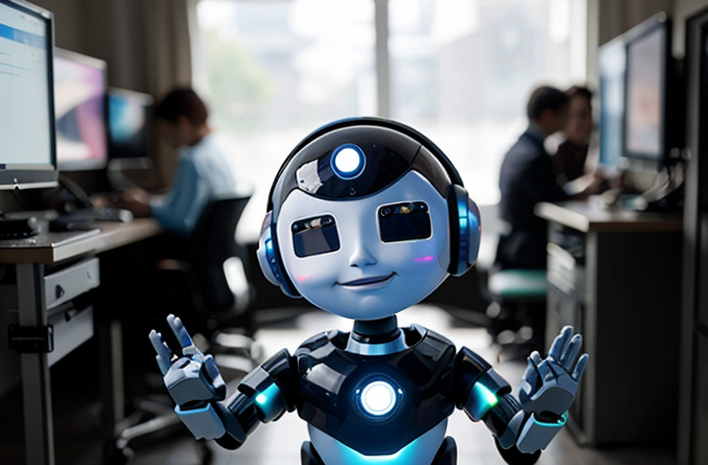Where Does HR Work
HR professionals work in many environments. They adapt to each setting. In corporate offices, HR focuses on employee relations and compliance. They ensure the company follows laws. This role requires strong communication skills.
Are You a Good Fit for This Job?
Non-profits have unique challenges. They must manage limited resources. HR here supports missions while attracting talent. They often engage volunteers. A passion for service is crucial. It’s not just a job; it’s a commitment.
- Startups present a fast-paced atmosphere.
- HR must build culture quickly.
- Increased flexibility guides their approach.
- They often juggle multiple roles.
In remote settings, HR faces new obstacles. They must maintain engagement across distances. Tools like video calls help bridge gaps. Communication becomes essential. Their methods evolve with technology.
HR professionals tackle challenges daily. Each environment shapes their skills differently. They must be adaptable and innovative. In tech firms, they may use data analytics. In contrast, traditional sectors rely on personal interaction.
Compassion and understanding remain key traits. Sometimes misunderstandings arise between teams. Clearer communication can bridge any gaps. In every context, the HR focus is similar: support people.
Whether in person or virtual, HR thrives. They cultivate a positive atmosphere. It’s about understanding needs. They work closely with leadership to align goals. This alignment creates unity.
Work-life balance is a constant concern. HR often promotes wellness programs. These initiatives improve employee satisfaction. But challenges of measurement exists. They must prove these programs works.
Understanding where HR professionals can find opportunities is crucial. For insights into the different environments they work in, check out this informative piece on HR career environments.
For further information about the hottest job markets in HR, explore this insightful resource on in-demand HR careers.
To conclude, HR works in many forms. Each setting brings its unique issues. But the heart of HR remains the same. It’s about people and support. Always changing, but always vital.
Case Study: HR in Tech vs. Traditional Industries

The tech industry thrives on speed and innovation. Companies like Google hire quickly and focus on creativity. In contrast, traditional industries such as manufacturing prioritize stability. Their hiring processes can be slower and more methodical.
Tech HR teams often use data analytics to find talent. They assess resumes and application trends. HR in manufacturing relies more on experience and referrals than algorithms.
This difference affects how they attract employees. Tech companies promise dynamic roles and growth. Traditional firms tout stability and long-term careers.
- In tech, employee engagement often involves flexible hours.
- Manufacturing may offer more rigid schedules but focus on community.
- Training in tech includes new software and skills.
- Traditional sectors emphasize safety protocols and on-the-job training.
For example, a case study of Zappos shows how tech adapts. Their HR fosters a fun environment and stresses culture. In traditional retail, a store like Walmart uses structured training programs. They can boast of their durability and consistency.
Another example is the contrasting approach to performance reviews. Tech firms often favor continuous feedback. In traditional industries, HR may hold annual reviews and rank employees differently.
Work From Anywhere Opportunities:
These differences shape future HR roles significantly. As tech grows, demands for quick adaptability rise. Conversely, the traditional sectors may slowly integrate new tech. They still hold on to foundational practices. HR professionals must bridge these gaps. This need will expand their skill sets.
As a result, future HR leaders will require a mix of these techniques. Understanding both worlds will be key. The implication is clear: adaptability is crucial for HR in every sector.
The Impact of Remote Work on HR Practices
Remote work has changed how HR functions. This shift made managers rethink employee engagement. They now rely on digital tools and strategies. Companies are adopting more flexible work arrangements.
For example, Zoom became vital for team meetings. It connects people regardless of location. Other firms use Slack to encourage information sharing. This fosters communication among remote teams.
HR departments must find new ways to evaluate performance. Traditional methods don’t fit into remote settings. Supervisors often conduct virtual check-ins. They discuss goals and provide feedback.
- Clear objectives help drive results.
- Frequent feedback keeps morale high.
- Recognition of achievements boosts motivation.
Many companies use employee surveys. They collect data on job satisfaction and engagement. Microsoft found that flexible work improves productivity. Workers feel more balanced and less stressed.
However, challenges remain. Workers can feel disconnected while working from home. HR looks for solutions to build team cohesion. Virtual team-building activities are gaining popularity.
Activities include trivia games or cooking classes. These encourage fun interactions among colleagues. Moreover, regular “water cooler” chats can help build rapport.
HR must adapt policies to suit remote needs. Companies like GitLab have fully remote systems. They offer clear guidelines on communication and performance. They allow employees to thrive in this new world.
One surprising aspect is that remote work can create diverse teams. Talented individuals can join a company from anywhere. This leads to unique perspectives and ideas.
Yet, some worry about burnout. The line between work and personal life blurs. HR needs to promote healthy work habits. Offering wellness programs can help mitigate this issue.
Each company faces unique challenges. HR practices will continue to evolve. The future of work is both exciting and unpredictable.
Common Misconceptions About HR Roles

Many people think HR just hires and fires. This view ignores all the critical roles HR plays. Myth 1: HR is only about hiring. This is partially true but not the whole story. They also shape company culture. They help create a place where people enjoy working.
Myth 2: HR is the company police. They are not here to enforce rules for fun. Instead, they aim to support everyone. They build trust between employees and leadership.
- Myth 3: HR only cares about paperwork.
- This is not accurate at all. They do manage documents but much more exists.
- HR listens to employee concerns. They try to address these issues fairly.
Myth 4: HR fixes everything. This misconception implies HR has superpowers. They cannot resolve all problems alone. Teamwork is needed for real change. Myth 5: HR is unimportant. This one is a big mistake. Companies need HR.
They set the stage for success. Good HR practices lead to happy, engaged employees. Another common idea is HR does not know the business. This is false. HR professionals often understand their industry well. They work hard to support the goals of the company.
In our modern day, out-dated views about HR roles are common. People often forget how much HR contributes to growth. They advocate for employees and company success.
The Future of HR: Trends to Watch
HR is evolving rapidly. Companies are investing more in artificial intelligence. AI helps with tasks like hiring and employee tracking. Data analytics plays a big role too. Firms analyze employee performance and engagement effectively. This data influences HR decisions greatly. For example, Google uses AI to evaluate resumes. Their system finds the best candidates quickly.
Moreover, wellness programs have become key. Firms focus on the health of their teams. Programs include mental health days and fitness initiatives. Microsoft allowed employees to take 15 mental health days a year. This boosts morale and productivity. Employees feel more supported. It’s a win-win for everyone.
- Integration of AI in hiring processes.
- Data-driven performance evaluations.
- Focus on employee well-being.
- Increased remote work support.
These trends are just the beginning. More innovations will come in the next decade. Companies will rely on technology even more. They will also place great emphasis on culture. A positive work environment matters to workers. Employee feedback will guide changes in policies. In fact, many firms now use real-time surveys.
Also, remote work has changed HR roles. Managers engage differently with teams. Virtual tools for communication and collaboration become vital. Companies invest in platforms that enable smooth interactions. Often, companies face challenges in keeping teams connected. Overcoming this hurdle is crucial for everyone.
Still, some wonder about these changes. Are they really helpful? It’s essential for HR to adapt quickly. The future demands flexibility. This might not be easy for all organizations. However, those that innovate will lead the way. If companies ignore these shifts, they may struggle.







